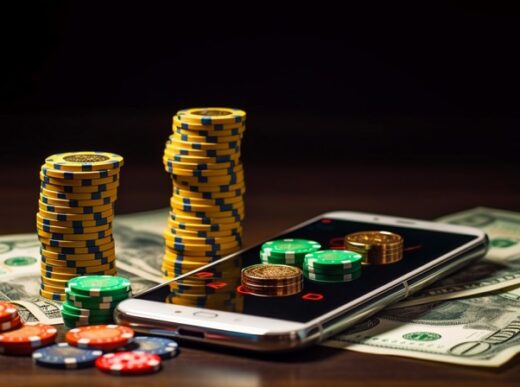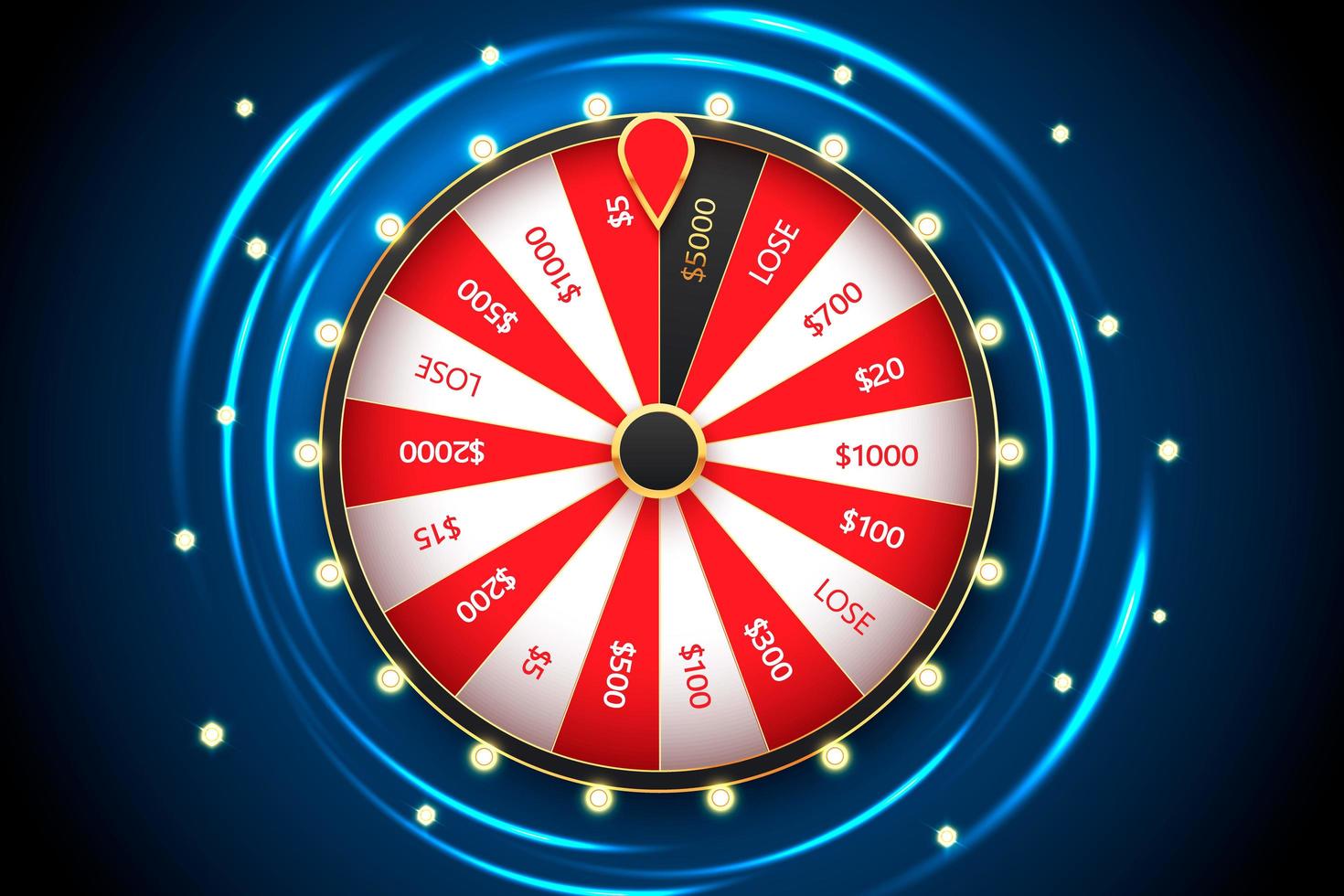The stake is not just a number on the screen. Often behind it is a ritual, time-tested habit bordering on belief. Omens in gambling have long become an integral part of the world of bets. Every element — from the color of socks to the sequence of button presses — claims to be a pass to luck.
Omens in Gambling: Historical Roots
Superstitions in the world of gambling appeared long before the first gambling houses. Ancient Chinese would put a coin in the mouth of the statue of Fortune before rolling the dice. In Europe, players would bless the cards, and in 1950s Las Vegas, it was considered fashionable not to cut nails before a game — as if “cutting luck.”

These rituals have been repeated for decades. Superstitions in casinos maintain an atmosphere of uncertainty and provide a sense of control in a game where the roulette decides more than logic.
Rituals That Bring Profit
Players often attach special importance to details, considering them a guarantee of future winnings. Such actions become an integral part of the gambling process, turning into personal rituals of luck. Omens in gambling are not fantasies but part of practice. Many players will not sit at the table if the ritual is not performed.
Examples of popular rituals:
- Touching the chips exactly three times before placing a bet on roulette.
- Wearing “lucky” clothing — a T-shirt from the 2014 tournament, for example.
- Stopping the game after the first major win: as if to say, “greed is not favored by luck in the casino.”
- Standing up and leaving the room when a black cat appears (yes, even in an online casino — standing up from the computer).
The psychology behind these actions is simple: to reduce anxiety, create a sense of influence on events. Although statistics say otherwise, the player continues to believe.
The Power of Talisman: Logic of Personal Amulet
Lucky charms in casinos range from ancient coins to trinkets from souvenir shops in Macau. The main condition is the presence of history.
In 2022, at one of the tournaments in Monte Carlo, the winner confessed: he always carries a stone from the Dead Sea given to him by his grandmother. The talisman, according to him, “grounds the gamble.”
There are also universal symbols: an elephant with a raised trunk, a four-leaf clover, a red thread on the wrist. Players use them in different countries, regardless of rules or cultural codes.
Bad Omens in Casinos and Ways to Avoid Them
Bad omens are formed from failures. If a player loses after a handshake — then handshakes bring defeat. Unlucky after a dealer change — blame the dealer. Rationality is zero, but the emotional impact is deep.
The most common ones are:
- Meeting a cleaner at the entrance signals defeat.
- Receiving change in small coins is a path to loss.
- Crossing legs at the table blocks the energy of winning.
To “neutralize” bad signs, players develop countermeasures: changing seats, taking three sips of water, instantly leaving and returning to the room — everything is in play. Belief in a sign turns every action into part of a strategy.
Lucky Omens in Gambling and Real Winnings
More often than not, successful omens in the gambling environment are born after memorable wins. One big win — and even a fleeting action turns into a ritual. For example, a participant in the WSOP in 2019 made it to the finals after stepping in a puddle on the way to the room. Since then — the shoe always gets wet before the tournament starts. Without exception.
In online casinos, audio and visual associations are especially popular: specific music in the background, the sequence of opening tabs, starting slots with the same button. These actions do not affect the random number generator but reinforce internal confidence, which often determines the outcome.
One player in Macau stated that he always starts playing slots with the number 7 in his account. No more, no less. According to him, only with this balance does “luck” begin.
How to Attract Luck in Gambling — Proven Methods
Players believe not only in omens but also in the possibility of attracting luck in gambling. The psychology here is based on the repeatability of actions, control, and luring Fortune. From memorizing numbers to meditating before bets — everyone develops their own script of interacting with unpredictability.
Practice shows that systematicity plays no less a role than chance. A player who adheres to personal rules maintains concentration longer and more often records a win. For example, in blackjack bets or choosing a strategy in roulette.
Top Unconventional Omens in Casinos
Players are willing to follow the most unexpected rules if they have brought luck at least once. Unconventional superstitions become a personal code of conduct, where superstitions replace strategy.
Some of them have become legends in the industry:
- Not saying the word “win” out loud — it will scare luck away. It’s better to use “outcome.”
- Not counting chips at the table — money “likes counting,” but not in the moment of action.
- Placing a bill face down — shows humility before Fortune.
- Leaving the room after losing on red — to acknowledge the “minus” and prevent it from turning into a “losing streak.”
- Not playing after a major argument or quarrel — bad energy drags luck down.
- Sitting at a slot machine where you just lost — the machine is “set” to give back.
- Not switching to another table, even if it’s freer — you “betrayed” your table — lost your luck.
Such unconventional omens in gambling defy logic but continue to live in the memory of players thanks to personal experience. Each action becomes an anchor capable of strengthening confidence or shattering the mood in an instant.
Gambling, Superstitions, and Behavioral Psychology
Omens in gambling are a reflection of deep psychology. Under the pressure of uncertainty and risk, the brain forms connections even between unrelated events. This effect is called the “illusion of control.” With a high level of gambling, logic gives way to intuition and belief.
Physiologically, winning in a game is accompanied by a dopamine surge. The brain seeks to reproduce the situation that led to the feeling of success. If the player was wearing a blue shirt at the moment of winning — it becomes a “magical” one.
In 2023, a study by the Behavioral Gambling Institute showed that 68% of experienced casino players consciously apply omens. Most of them do not deny the irrationality of their actions but continue to repeat them “just in case.”
Symbols, Money, and Luck: Why Belief Works
Fact: omens in gambling enhance emotional involvement. This is a tool not to influence the outcome but to maintain psychological stability.
A player who believes makes fewer impulsive actions, manages their bankroll better, and exits after a series of losses more quickly. Belief does not guarantee results, but it enhances discipline. And discipline in a casino is the same as a talisman, just invisible.

Often, a ritual becomes the boundary between a calculated bet and a spontaneous loss. Especially in high-stakes bets: where the bet equals a monthly income. Any support, even irrational, becomes an anchor.
Conclusions
The gaming world is a space where reality mixes with illusions, and facts coexist with omens in gambling. To believe or not is not the main thing. What matters is how it affects behavior. In a casino where chance decides the fate of every chip, even the strangest omen can become part of a strategy.
 en
en  ru
ru  de
de  ar
ar  es
es  nl
nl  hi
hi  fr
fr  it
it  pt
pt  el
el 










